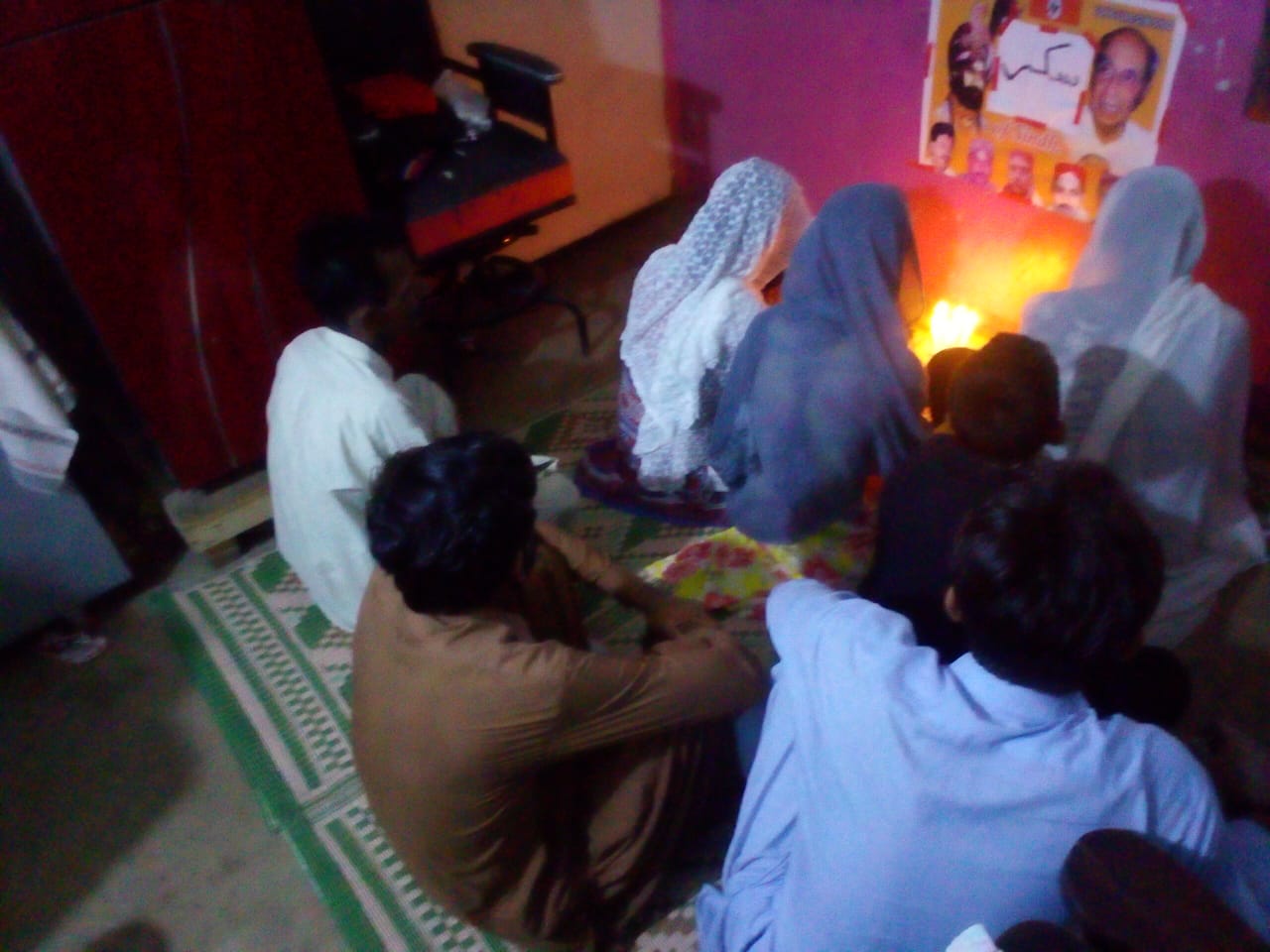Jeay Sindh Freedom Movement(JSFM) organised 40 events in Sindh and abroad to pay rich tribute to the last indigenous King of Sindhudesh, Maharaja Dahir, on the anniversary of his martyrdom. This is the first time that a nationalist movement of Sindh has organised so many events in remembrance of Maharaja Dahir in Sindh.
The main event was organised in Washington DC by JSFM founder and chief organiser Zafar Sahito. Sindhi, Baloch, Pashtun, Bangladeshi, Gilgit-Baltistani political representatives joined the programme to show solidarity with the historical Sindhi nation and their hero Maharaja Dahir, who fought bravely with the Arab invaders in 712 CE. He was martyred by enemies in a battle that continued for 18 days, after which the Arabs conquered Sindh and marched towards Hind.
Speaking on the ocassion, Baloch National Movement (BNM) America chapter leader Nabi Bakhsh Baloch said: “…like any occupying and exploitative power, Pakistan’s Punjabi Islamist establishment attempts to blacken the history and reputation of the people whose land, wealth, bodies and minds it exploits for its own purposes. Just like the Baloch are referred to as savage robbers in Pakistani school history textbooks and Baloch historical heroes are amiss, similarly Sindhi heroes like Raja Dahir are mentioned only in concocted stories of injustice and ignorance.”
The Pakistani establishment and radical Islamist groups are against celebrating or shedding light on the original history of Sindh and Raja Dahir, as he was a Hindu monarch.

Slamming Pakistani establishment for harboring terrorism, Pashtun Tahafuz Movement (PTM) USA chapter Pir Zubair Shah said that there is an increasing recognition in world capitals that Pakistan is the most-dangerous terrorist country. “An entire oppressed population is being brainwashed after erasing their ancestral memory and making them pawns in the business of exporting religious terrorism,” he lamented.
Representative from Bangladesh Council for Minority Hindus, Buddhists and Christians, Priya Saha said: Bangladesh’s history gives an indication that even when a population is able to partially regain its self-awareness and throw off a religious-colonial yoke, so much progress is possible.
Gilgit-Baltistan representative Senge Sering lamented: Even 63 years after independence, schools in Gilgit-Baltistan use Punjab school board history textbooks. An entire generation has grown up not knowing anything about their own history, the causes of their present state. He emphasized that from Tibet, where the Sindhu river begins to Sindh, where it enters the ocean, the traditions and destiny of various people that inhabit both its banks are intertwined with a celebration and gratitude of water resources.
Stressing on the need to organise such events, founder JSFM Zafar Sahito said: the fundamentalist Pakistani intelligence agencies with the support of radical Islamist groups want to keep the native people away from their history, and they are continuously destroying Sindh’s historical syncretic identity and image. They want to change and convert the Sindhi nation to their own image – of a fundamentalist and radical Islamist mindset. “Organizing events like the Remembrance Day of Maharaja Dahir, serves as an initiative to connect to one’s roots, culture and the great history of the Indus Valley civilization, he asserted, adding that the days are not far when “we will break these chains of slavery from Pakistan, and we will reach to our destiny of a sovereign Sindhudesh, a secular, progressive and democratic country in which religion will be not be a part of government and state affairs.”
A JSFM central organising body’s online conference was also held to discuss the event and successful programmes and gatherings held across Sindh.

